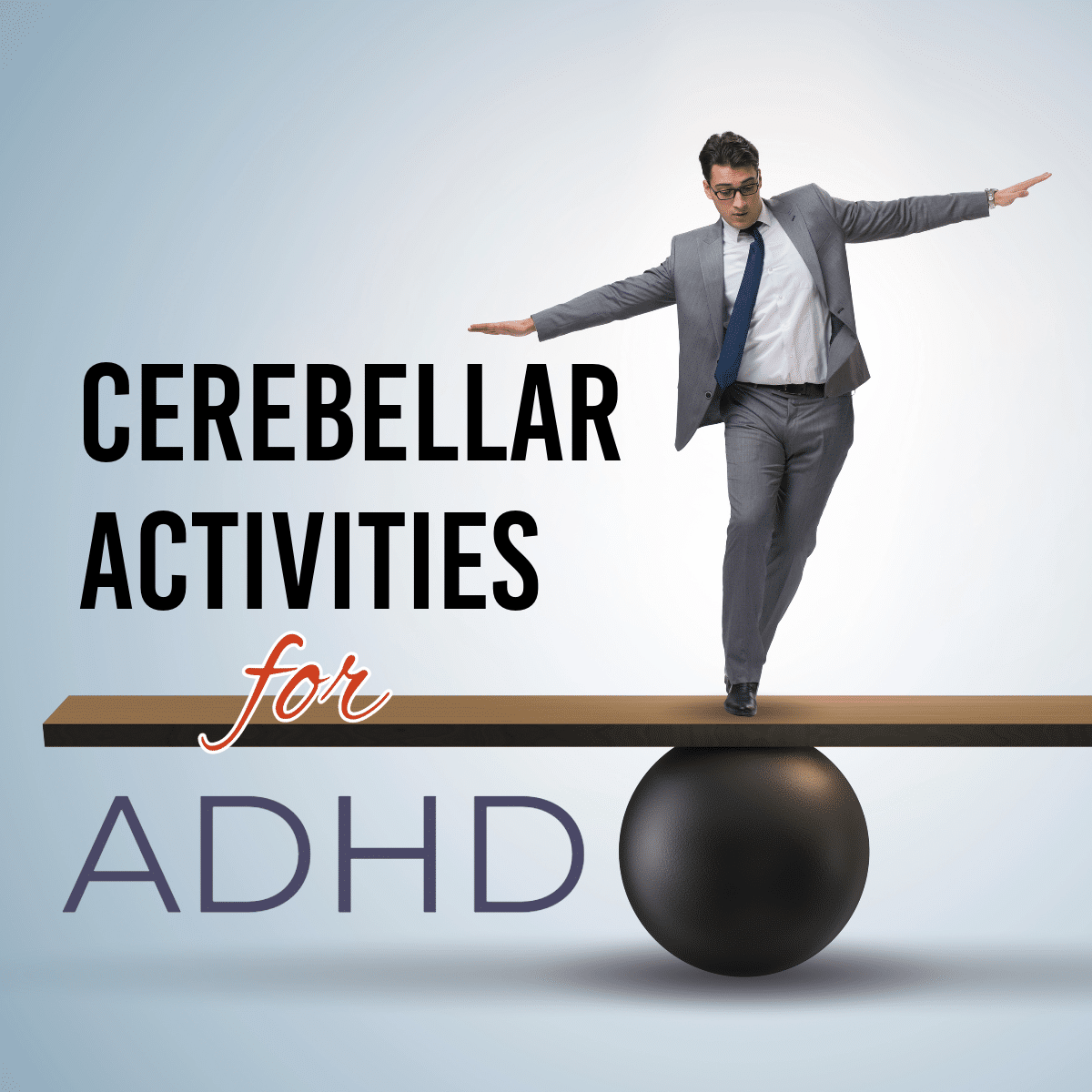What is integrated care?
Integrated care is also known as collaborative care. Collaborative care, or integrated care, implies that there is more flexibility and continuity across all available care options. For example, a patient can be seen in an outpatient level of care, intensive outpatient, partial hospitalization, residential, and inpatient setting. Traditionally, a facility will focus on one “setting” and will refer the patient to another practice, once the patient no longer “meets” that level of care anymore according to the severity of the symptoms.
What is the problem?
With the increasing specialization of medicine, patients are needing to meeting with more types of providers. The providers are located in different places, thus communication is poor.
What is a patient centered solution?
New roles such as care managers would start to integrate the different substrates of providers. The effects on patient outcomes is significant, such as lowering depression, pain, improving functioning and quality of life. In the IMPACT trial in 2002, there was found to be a 50% greater improvement in 12 mo with an integrated model. While the startup costs are high, there are cost savings in: outpatient mental health costs, pharmacy costs, inpatient care costs, substance abuse costs (Unutzer, 2008). There are now over 80 randomly controlled trials (Archer, J, 2012) and thus has now become the standard of care. Patients would prefer it in the short term because they would like psychiatric treatment in the primary care setting.
What does integrated care in psychiatry mean?
We believe in an integrated treatment model: to treat the whole patient from start to finish. A patient’s care journey might not be linear, and the burden should be on the healthcare system to treat the patient, not the symptom severity.
We value integrating with substance treatment facilities, primary care, and hospitals. Collaborative and integrated care promotes continuity and stability across the patient’s lifetime. Patient often need to become the central repository for their medical information, as the facilities rarely communicate with one another.
Practice Announcement
We are pleased to announce that Michael Mahoney, LCPC, CADC will be starting as our Director of Integrated Care. Mike was the former site director of Hazelden Betty Ford Chicago. In his role at this position, he has grown to understand the importance of the integrated care model. When treating substance use, the rate of relapse at 1 year is 50%, and at each relapse the patient will typically increase the level of care. On average, it takes 5-7 attempts before 1 year of sobriety is attained. Thus, patients are frequently changing the level of care and patients and staff are accordingly accustomed to spending a significant amount of time analyzing whether the level of care is correct. If the level of care is inappropriate, the team will meet and will discuss alternative treatment options. Therefore, conversations around next steps in integrating with the other facilities were commonplace. We welcome Mike and his experience to this position.

 Bruce Bassi
Bruce Bassi





